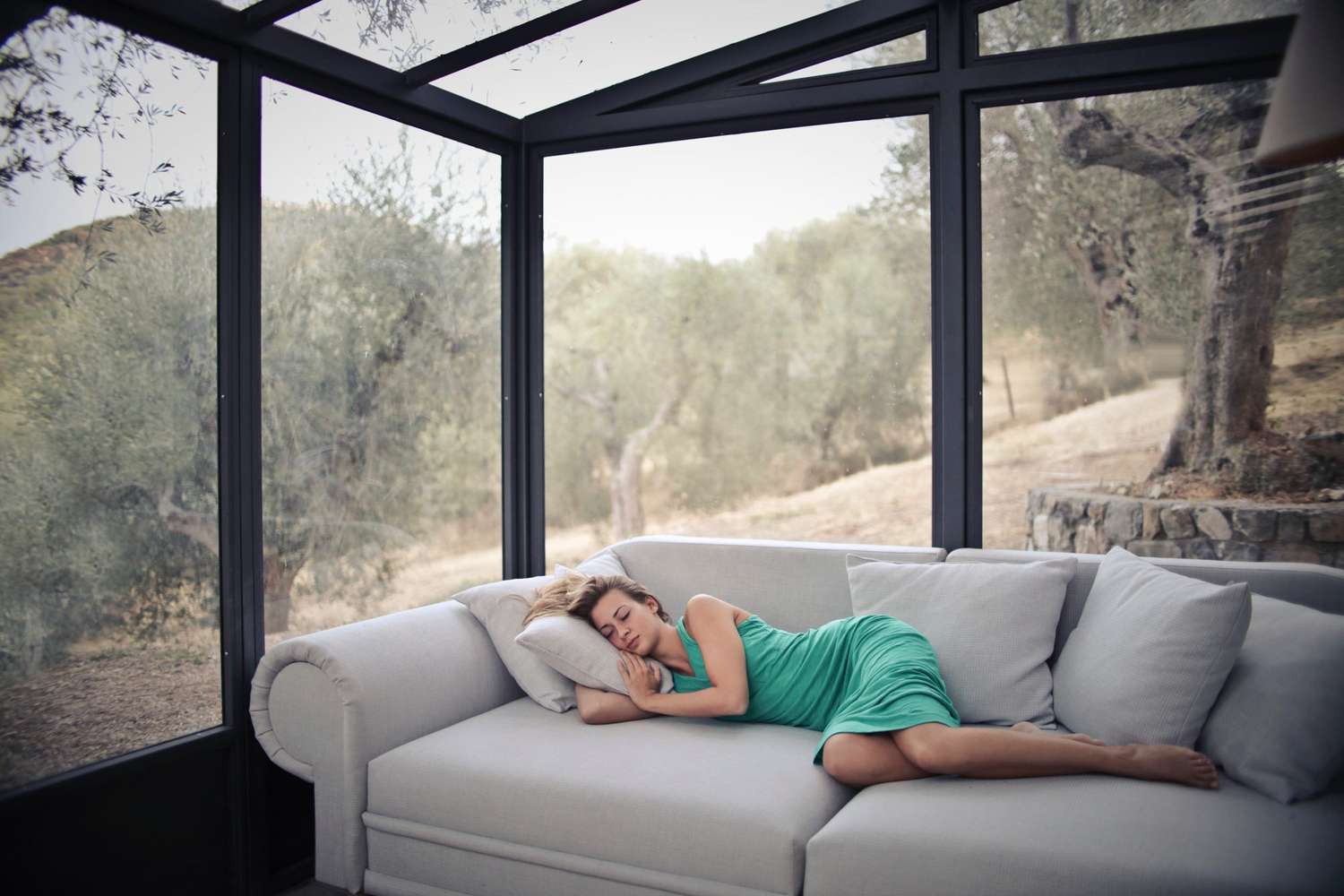Many Americans are so worried about the future that they're losing sleep, according to new research.
A new study of 2,000 Americans found 62% struggle to fall asleep — of those, 41% are up all night due to "next day anxiety," or fearing the uncertainty of what tomorrow holds.
Along with anxiety about the future, replaying the past day's events (37%), being too hot or too cold (31%) and having too much caffeine earlier in the day (28%) are all to blame for keeping people awake deep in the night.
Several respondents even claimed other factors such as feeling uncomfortable, too itchy and having a fear of nightmares have also kept them up at night.
For 101 respondents, dogs are to blame for lack of sleep. By comparison, 77 respondents blamed their cats.
Never miss a story — sign up for PEOPLE's free daily newsletter to stay up-to-date on the best of what PEOPLE has to offer, from juicy celebrity news to compelling human interest stories.
More than a quarter of Americans polled (27%) have been diagnosed with a sleeping disorder. The most common disorders among them are insomnia (45%), sleep apnea (44%) and restless leg syndrome (17%).
Though 73% have never been diagnosed with a sleeping disorder, a third have spouses/partners that insist they have a sleeping disorder of some kind.
Commissioned by mattress company Saatva and conducted by OnePoll, the survey dove into the sleeping habits (or lack thereof) of Americans.
Results found people will wake up in the middle of the night an average of five times every week. And when they wake up, 63% of people will struggle to go back to sleep.
RELATED: Celebrities' Best Sleep Hacks
The secret to getting great sleep and staying asleep, according to respondents, includes a little bit of wine, aromatherapy, reading, using a nasal rinse, finding and playing boring documentaries on TV and most importantly — finding a way to get comfy.
People will rely on a lot of things to get comfy in bed. Top among them include a favorite pillow (54%) or blanket (50%), having the right mattress (38%) and having their partner next to them (28%).
On average, Americans take 27 minutes to fall asleep. For more than a third (37%), falling asleep takes less than 15 minutes. For 11% of Americans, it takes over an hour.
RELATED: Over Half of Americans Say Their Sleeping Habits Have Worsened This Year, Survey Finds
The survey also looked into respondents' dreams, and results found nearly eight in 10 people (78%) have had dreams that felt real.
These vivid dreamers said they have an average of nine realistic dreams per month.When asked to describe their realistic dreams, several respondents said they had vivid dreams of lost relatives, being back in school, being at work and being attacked by random animals or things.
These types of realistic, stressful dreams also seem to be on the rise. Half of Americans report they have had more stress-related dreams this year than ever before.
When asked to identify the source of their stress dreams, respondents said the current pandemic crisis — with money woes equally to blame (36%), while earlier events of the day also rank high as a stressor (32%).
Several respondents said their stress dreams come from more unorthodox sources, like having a specific phobia, past traumatic experiences, not having their kids or family members nearby and even stress dreams of upcoming, anxiety-inducing events.
Source: Read Full Article

